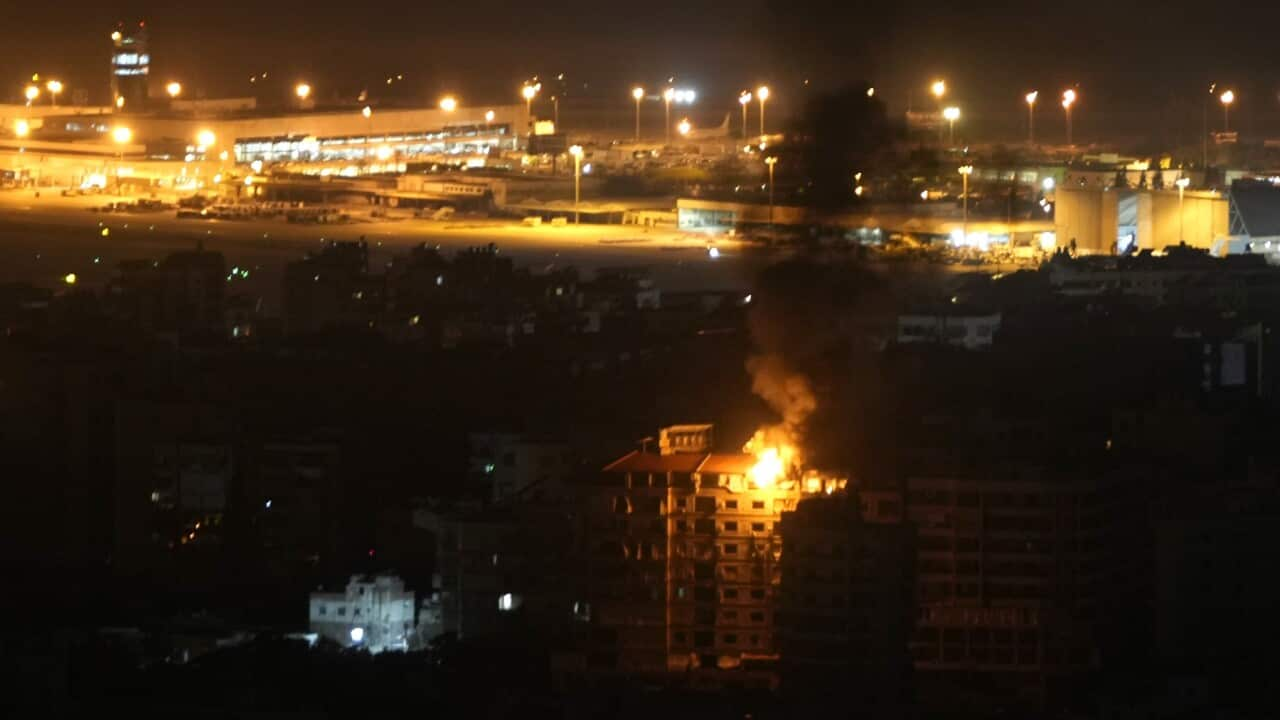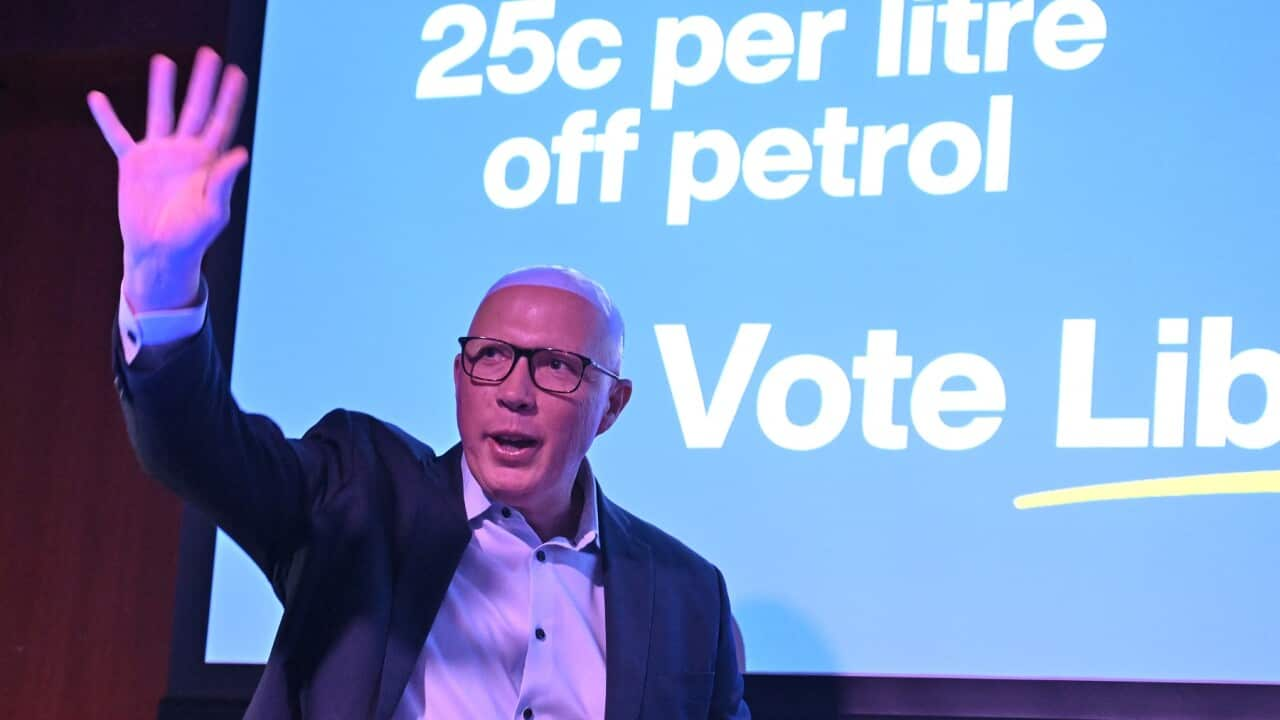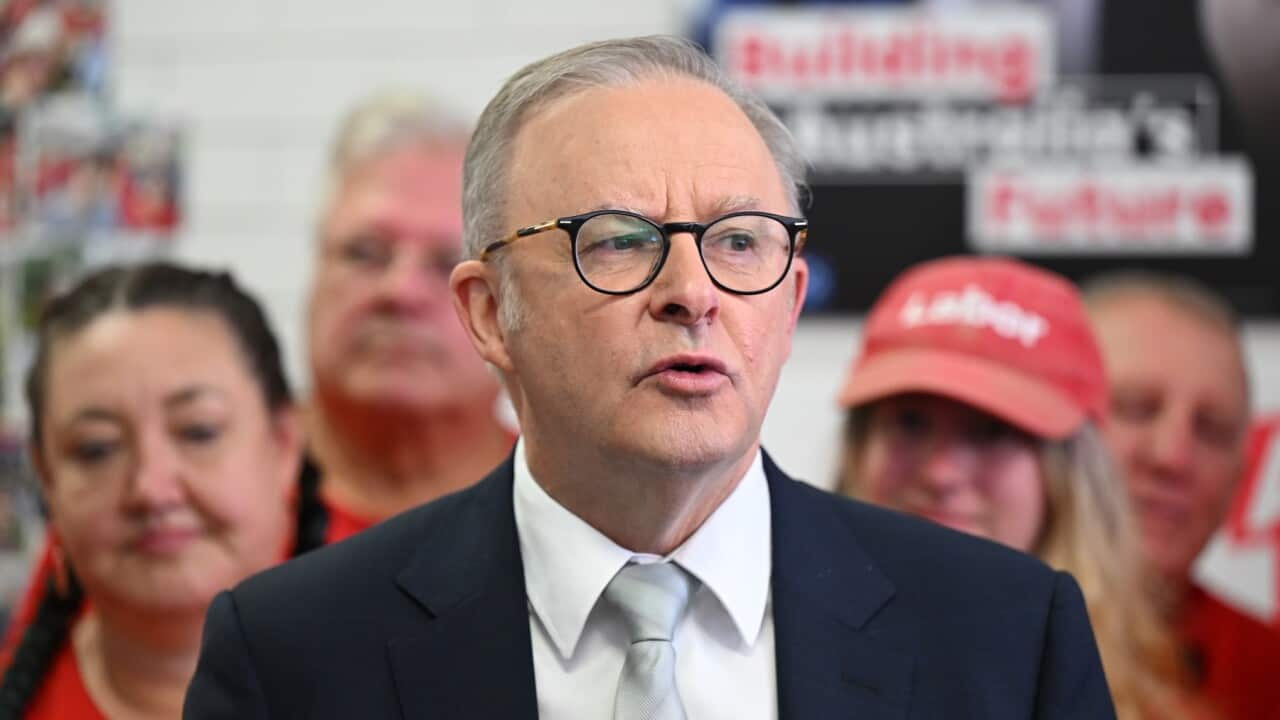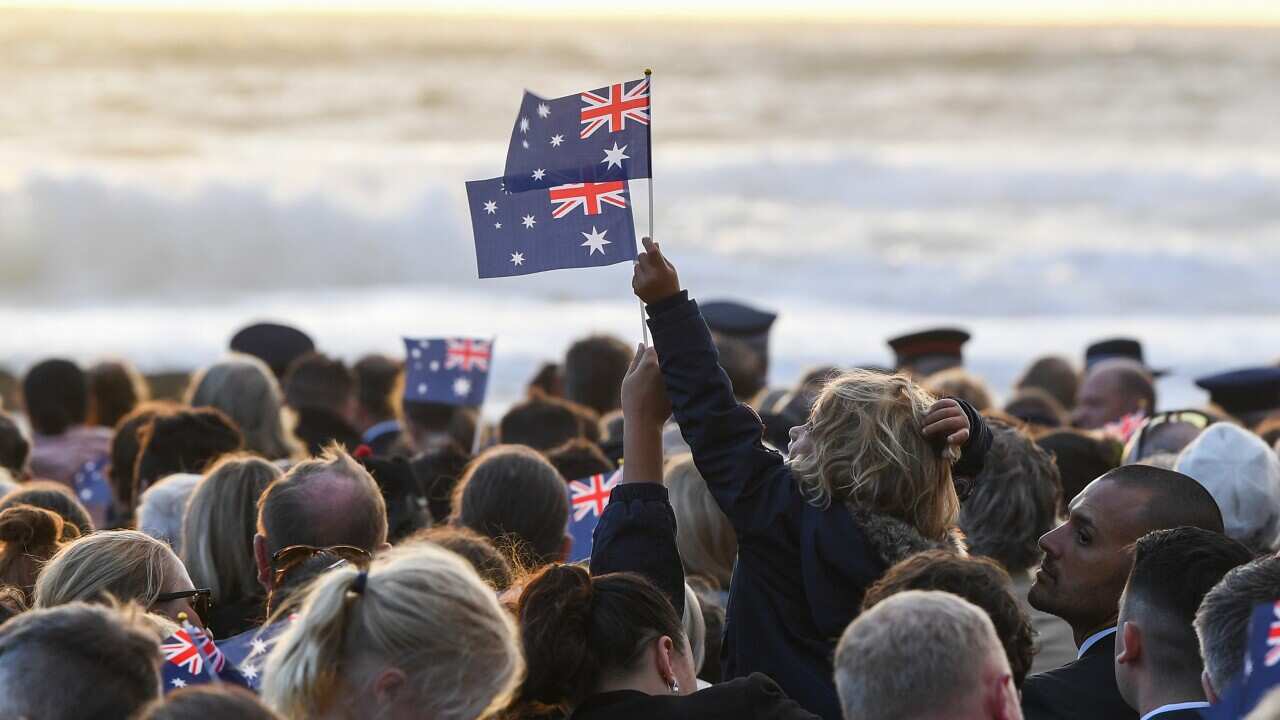TRANSCRIPT
Huge explosions in the vicinity of Beirut's main airport, in the Lebanese capital's south.
Israel's military says it has been targeting Hezbollah's infrastructure and its fighters in Lebanon.
But World Health Organization chief Tedros Adhanom Ghebreyesus says it is others that are dying.
“In Southern Lebanon, 37 health facilities have been closed. While in Beirut, three hospitals have been forced to fully evacuate staff and patients and another two were partially evacuated. .. Health care continues to come under attack. In Lebanon alone, 28 health workers have been killed in the last 24 hours.”
Israel's military has ordered residents of over 70 towns in southern Lebanon, including Nabatieh, to evacuate, signalling an imminent operation against Hezbollah.
In response, Hezbollah launched rocket strikes on Israel's "Sakhnin base" in Haifa Bay.
Lebanon's Health Minister, Firass Abiad, reports nearly 2,000 Lebanese have been killed since 8th October last year.
“So far, the total toll since the start of the attacks is 1,974 martyrs, including 127 children and 261 women. Concerning the wounded, 9,384 have fallen so far, and these are those who are being treated. These numbers are as of dawn today.”
As the one-year commemoration of the beginning of the Israel-Hamas war approaches on the 7th of October, the World Health Organization's chief, recounts the horrors of the past year.
“Since the 7th of October last year, more than 1500 people have been killed in Israel, almost 42,000 in Gaza and more than 700 in the West Bank. In addition, more than 10,000 people are missing in Gaza and 1.9 million people are displaced, while 101 hostages taken from Israel remain in Gaza. In Lebanon, more than 1600 people have been killed and more than 1 million displaced, including 350,000 now living in shelters and 160,000 who have crossed the border into the Syrian Arab Republic”
This comes as the Palestinian Health Ministry reports that 18 people were killed on Thursday in an Israeli strike on the Tulkarem refugee camp in the West Bank, marking the deadliest strike since the Israel-Hamas conflict began last October.
The Israeli army says the strike targeted and killed Hamas' leader in Tulkarem.
Though Hamas condemned the attack it did not confirm any of its members were killed.
The region is also on edge in anticipation of an Israeli attack on Iran after it launched approximately 180 missiles on various military targets in Israel, including in Tel Aviv.
Israeli Prime Minister Benjamin Netanyahu has vowed to retaliate, while Tehran said that any retaliation would be met with "vast destruction," stoking fears of a wider war.
The head of the EU's foreign and security policy Josep Borrell made a strong call on Thursday for nuclear facilities not to be targeted.
Mr Borrell's call for restraint comes amid concerns that Israel could be planning to attack Iran's nuclear sites.
“The first message I want to pass on today is the strong call for the European Union's demand that nuclear facilities should not be attacked. The European Union has always been in a firm position with regard to the attack on any nuclear facility in the world. This has been our position in Ukraine or in Russia when this possibility has arisen. These attacks are extremely dangerous and have a serious potential to create consequences on an incalculable scale.”
Australians in Lebanon are being urged to leave by the Federal Government before it is too late.
The Australian government has secured 500 seats on commercial flights from Beirut to Cyprus on Saturday.
Almost 2,400 Australians in Lebanon are registered with the Department of Foreign Affairs and Trade as wanting to leave.
Assistant Foreign Affairs Minister Tim Watts tells the ABC he understands that departing is a heart wrenching decision.
“Beirut airport is still open. There have been commercial options available, and as those commercial options have become more constrained, we've intervened to help facilitate access to seats on those flights for Australians wanting to leave. So, on Monday, Tuesday, Thursday of this week, there were seats on flights facilitated by the Australian Government for Australians wanting to leave. So, overnight, 41 Australians were on flights leaving. Plenty of vacant seats, though, available for Australians who want them.”
This come as the Coalition is calling for the Iranian ambassador to be expelled from Australia over a post praising Hezbollah's leader after he was killed in an Israeli strike.
In a post on X on September 29th, Ambassador Ahmad Sadeghi said Hezbollah leader Hassan Nasrallah was a great personality, and exceptional leader.
The government have condemned the comments by Mr Sadeghi, but say they will not remove him from the country.
Opposition leader Peter Dutton says that's not good enough
“Do I think the Iranian Ambassador should be expelled from our country? Should be should he be persona non grata? Absolutely he should. It's not his first time, and he's been warned by the government before the Prime Minister has to start showing some strength of leadership and some character here and standing up for our values and what's right.”













